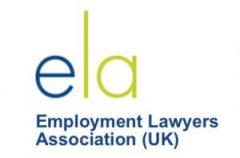LOCKDOWN UPDATE:
Since this video was recorded the Government has announced a new 4 four week lockdown in England which will mean evictions will be extremely difficult to enforce for some months.
Although the eviction ban ended in September, it was agreed that tenants living in areas under the Tier 2 and Tier 3 Covid-19 restrictions in England were temporarily protected from eviction, so although evictions could still proceed through the Courts, bailiffs were asked not to enforce court possession orders in these areas.
With the new lockdown it is thought that the bailiffs’ decisions not to enforce evictions will be extended across England. The Government has already said that enforcement action will be paused over Christmas – specifically between 11 December and 11 January – except in ‘the most serious circumstances’, such as cases involving antisocial behaviour or domestic abuse.
The Government has said the Courts can remain operating during the second English lockdown and they are prioritising eviction cases involving anti-social behaviour, crime and extreme rental arrears. However, practical enforcement for any eviction agreed appears likely to be on hold until mid-January.
The Government introduced The Coronavirus Act to protect residential and business tenants who were unable to pay rent because of Covid-19 financial pressures, but of course, landlords have their own financial obligations and many are struggling to cope with the squeeze on their incomes.
After several extensions, the moratorium on forfeiture for non-payment of rent came to an end in September 2020.
Laura Colebrook of THP Solicitors explains what has changed for landlords and what steps they might wish to consider regarding the collection of rental income due or regaining possession of their properties though the eviction process.






